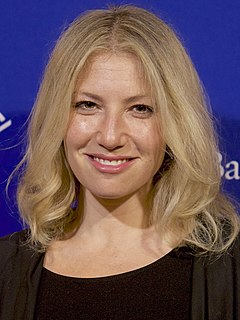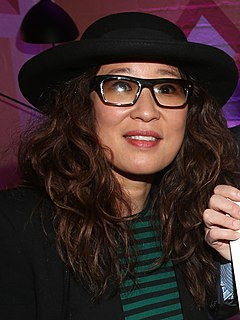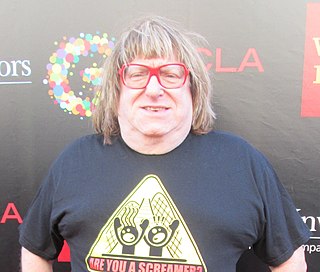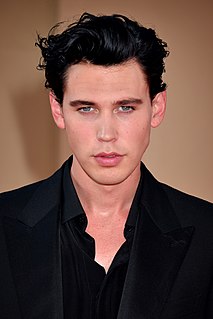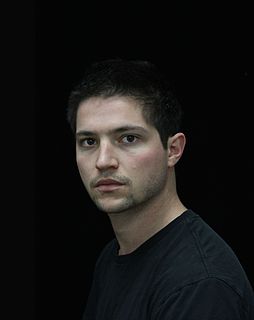A Quote by Ari Graynor
When you look at all of the male characters on television and in film, it's not like every one of them are the people doing the right thing that you can point to as your own moral compass.
Related Quotes
The foundation of leadership is your own moral compass. I think the best quality leaders really know where their moral compass is. They get it out when they are making decisions. It's their guide. But not only do you have to have a moral compass and take it out of your pocket, it has to have a true north.
The writer must always leave room for the characters to grow and change. If you move your characters from plot point to plot point, like painting by the numbers, they often remain stick figures. They will never take on a life of their own. The most exciting thing is when you find a character doing something surprising or unplanned. Like a character saying to me: ‘Hey, Richard, you may think I work for you, but I don’t. I’m my own person.’
Throughout history in the theater and film people do like sarcastic characters, and they do like curmudgeons - if they're amusing, they do like them despite the fact that they're vitriolic, particularly if they're for the right thing. If you can see that the person is a decent person and is for the right thing, and is not just a nasty person with base motives, but someone who is a decent human but expresses himself.
I mean, if they're doing a television show every night like Jon Stewart, or Ellen, or David Letterman, then they have their bunch of people who are sitting on a payroll someplace, who are coming up with material every day of the week. Those are the people who wind up doing the bulk of the work for them when they host the thing, because that's their team.
If I could only have one thing in life, it would be for my sons to grow up to become quality men who are interested in doing the right thing. I want them to be highly moral people who care about what is happening in the world around them. The best way to do that as a parent is to set the right example. That's what I try to do.
If you get the characters right you've done sometimes nearly half the work. I sometimes find I get the characters right then the characters will often help me write the book - not what they look like that's not very important - what people look like is not about their character. You have to describe the shape they leave in the world, how they react to things, what effect they have on people and you do that by telling their story.
You know what needs to be done when you're a writer. You know what the job is, particularly if you're an African American writer, or if you deal with people, or if your subjects are poor people or people who need voice. So you don't really need to know whether or not you are doing the right thing. What you have to be wary of if you're doing the right thing to the right level that will surpass your own life. I'm hoping that my work will surpass my own life.
Going to the office of some stranger and waiting in a line, in a hallway, with five other guys who look just like you, waiting your turn to go in and embarrass yourself, and then waiting around for feedback, which never comes. I really like that. For a young artist, it seems like the perfect thing to be doing, humiliation, over and over and over and over. Which I'm sure can't be the way that some people look at it, but I thought that was so great. The point of it is if you make your own stuff you don't have to deal with other people's bullshit.
